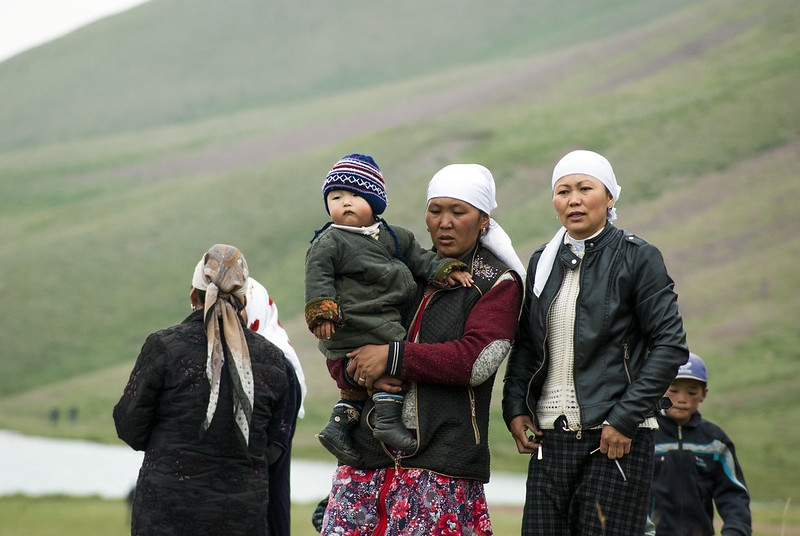Kyrgyzstan’s Combat Against Statelessness
 In Kyrgyzstan, statelessness has become a significant issue due to continuous internal and external migration and changes in the country’s borders since its independence in 1991. Statelessness occurs when a person is not recognized as a citizen of any functioning nation by law, often resulting from discrimination, migration, or conflicts between opposing nationalities.
In Kyrgyzstan, statelessness has become a significant issue due to continuous internal and external migration and changes in the country’s borders since its independence in 1991. Statelessness occurs when a person is not recognized as a citizen of any functioning nation by law, often resulting from discrimination, migration, or conflicts between opposing nationalities.
Offering individuals a national identity is crucial, enabling access to education, employment, housing, health care and political rights like voting. Kyrgyzstan’s efforts to combat statelessness hold immense importance in ensuring the well-being and inclusion of affected individuals.
Global Aid to End Statelessness
To tackle Statelessness, the United Nations Refugee Agency (UNHCR), created a Global Action Plan in 2014 titled the #IBelong Campaign to End Statelessness. The goal of the program is to eliminate statelessness by 2024 by implementing 10 actions. These actions include removing gender discrimination from nationality laws and providing protection status to migrants. These actions serve as guidelines for countries dealing with this problem.
Through these National Action Plans, the UNHCR works closely with countries in implementing new laws, allying with them through a clear outline to end statelessness called the 1961 Convention on the Reduction of Statelessness, and monitoring the country’s efforts to reduce and prevent statelessness. Despite their best efforts, cases in Kyrgyzstan continue to appear due to legal gaps, and legal barriers within the administration.
In the same year the #IBelong Campaign began, Kyrgyzstan’s efforts against statelessness took off by joining the campaign and allying with the UNHCR. From 2014-2017, birth registration reached a high rate of 98%, and on July 4, 2019, Kyrgyzstan became the first country to solve the issue of statelessness.
With the UNHCR, the Kyrgyz Republic identified more than 13,000 stateless persons including 2,000 children. By obtaining a birth certificate and passport, the newly identified people of Kyrgyzstan took their first steps in acquiring a national identity.
Welcoming Children as Kyrgyzstan Citizens
Even though Kyrgyzstan has successfully fought against statelessness, it is essential to continue taking action to prevent the issue from recurring. Thus, on June 24, 2023, the Kyrgyzstan government in alignment with the #IBelong Campaign implemented a law that will provide birth certificates and registration for all children born in the nation regardless of whether or not their parents are undocumented or stateless, including children born prior to this new implementation.
In a 2022 survey conducted by the United Nations (UN), an estimated 5,000 families reportedly benefitted from this law. Alongside establishing a nationality, birth certificates ensure to ensure the protection of children’s rights. This is to help children obtain government assistance and access quality education.
Without crucial legal rights, many stateless persons face disadvantages such as economic and political marginalization. Also, putting an end to statelessness can potentially uplift several thousands of people from extreme poverty by providing them with access to sufficient housing, employment opportunities and health care services.
Looking Ahead
Overall, Kyrgyzstan’s successful efforts to combat statelessness through the #IBelong Campaign and collaboration with the UNHCR have resulted in significant progress, granting several thousand individuals a national identity. And by eliminating statelessness, Kyrgyzstan is paving the way for improved living conditions and opportunities for its citizens, helping uplift them from poverty and marginalization.
– Kenzie Nguyen
Photo: Flickr
